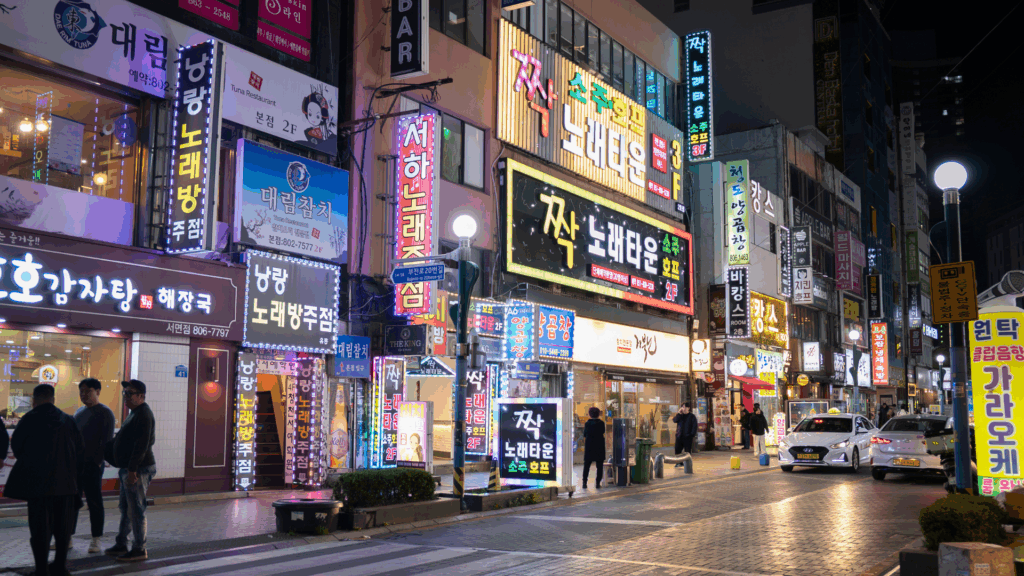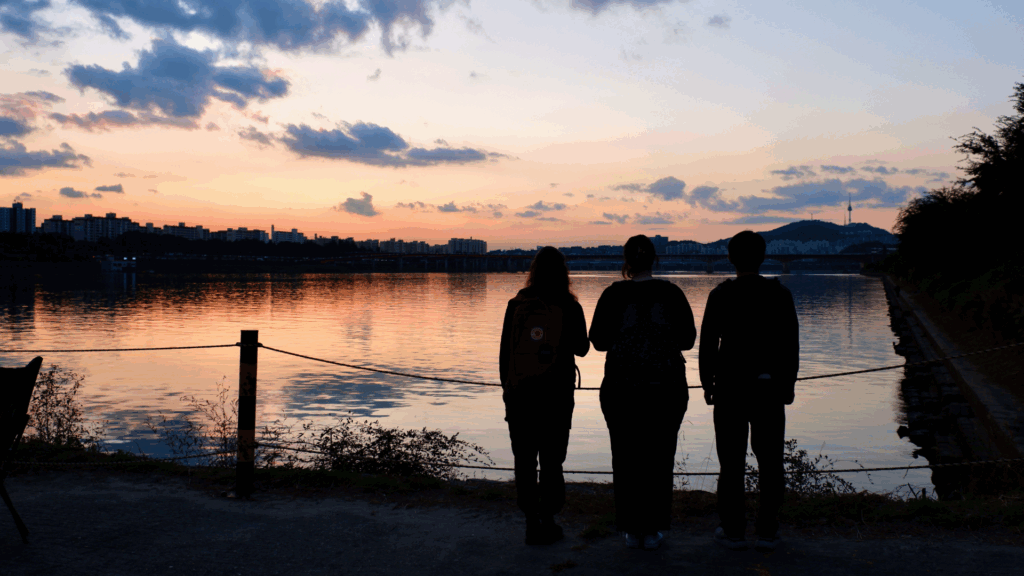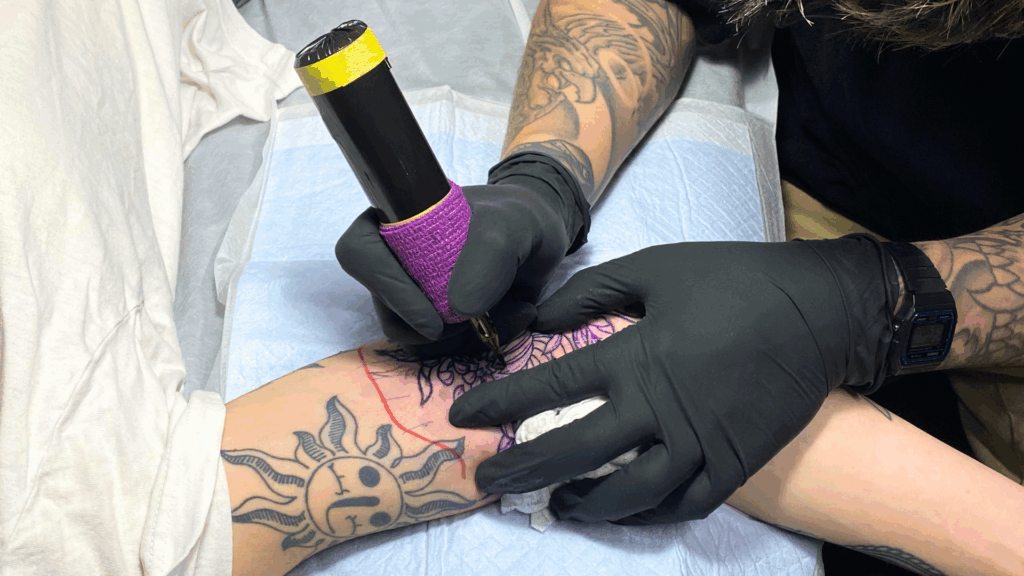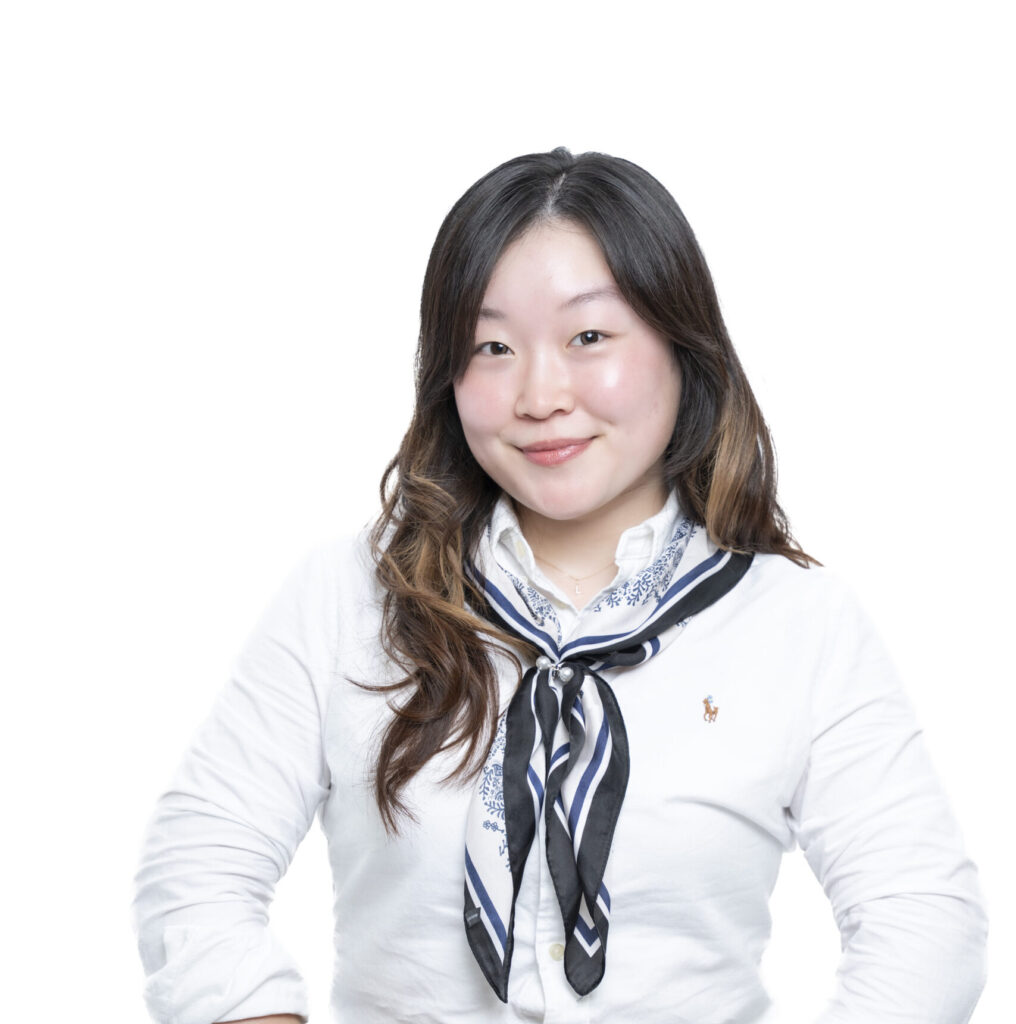Christmas in Korea (크리스마스, keuriseumaseu, the Hangul transliteration of Christmas) is not as widely celebrated as it is in the West. While it is a public holiday with schools and offices closed, the festivities typically last only one day. Let’s explore the characteristics of Christmas in Korea.
Christmas atmosphere in Korea
Christmas in Korea may not be as widely celebrated as in Western countries, but that doesn’t mean it goes unnoticed. After Halloween, shops, and especially coffee shops, immediately replace their decorations with those for Christmas. Sometimes, you might even find places where both sets of decorations are displayed together for a short period. However, don’t expect to see Christmas lights everywhere. Nevertheless, you can usually find Christmas trees in main shopping regions.
The concept of Christmas in Korea is primarily divided into two categories: as a couple’s celebration or as a religious holiday for Christians to be spent with family.
A second Valentine’s day?
For most Koreans, similar to Japanese, Christmas is seen as a couple’s holiday, akin to a second Valentine’s Day. If you are in a relationship, you will likely spend Christmas day romantically with your significant other. To reach the height of romance, many Koreans try to coincide the 100th day of their relationship with Christmas. In a relationship, reaching 100 days together is considered a special occasion before the anniversary. This is why September 17 is called Gobaek day (고백데이, Confession Day). On this day, if you confess your feelings to the person you like, and if successful, the 100th day of your relationship will coincide with Christmas.
Religious Celebration
Despite Buddhism being the most prevalent religion in Korea, around 30% of the population is Christian (mostly Protestant). This segment of the population, therefore, celebrate Christmas in Korea as a religious occasion by attending church services and spending the rest of the day with their family. However, being a Christian doesn’t preclude a Korean from celebrating the day with their partner after the church ceremony. The choice of how to spend Christmas varies from person to person.
Things to do at Christmas in Korea
Single and non-Christian Koreans typically spend Christmas with their family or friends. For those who want to spend a fun Christmas in Korea, there are many activities to do, including shopping (쇼핑하다, shoping hada), ice skating (아이스 스케이팅, aiseu seukeiting) and going to the movies (영화관에 가다, yeonghwakwane gada).
As for Christmas gifts, they are not always exchanged. However, if invited to someone’s home, a Christmas cake or other food items or necessities are usually exchanged. Couples, on the other hand, often exchange special gifts.
Christmas food in Korea
Since Christmas in Korea is an imported holiday and not a traditional holiday, there are no special dishes to be eaten during this day. One eats good or bad everyday food, such as soups (국, guk), noodles (면, myeon) or grilled meat (고기, gogi). This is always accompanied by the ever-present banchan (반찬), the Korean side dishes , among which kimchi (김치) and rice (밥, bap) are always present. The only course in which there is anything special dedicated to this holiday is dessert. Indeed, it features a cake with Christmas decorations, usually made of sugar paste, and is simply called Christmas cake (크리스마스 케이크, keuriseumaseu keikeu).
As for the Korean New Year, however, there is one dish that can never be missed on Korean tables on that day. It is tteokguk (떡국), a soup made of rice dumplings sliced into strips, shaped like coins. Eating tteokguk is said to bring good luck and wealth for the new year and more: eating it also makes you one year older.
How to wish Merry Christmas in Korea
Wishing Merry Christmas in Korea is simple because they use the English expression Merry Christmas:
메리 크리스마스!
Meri keuriseumaseu!
However, if you want to take it further and already wish a happy New Year in Korean as well, then you can add:
새해 복 많이 받으세요!
Saehae bok manhi badeuseyo!
Happy New Year!!!
Literally it means “receive much happiness in the New Year.” This is the most formal expression, but if you are more familiar with the person to whom you are wishing, you can then simply say:
새해 복 많이 받아!
Saehae bok manhi bada!
Happy New Year!!!
The most important New Year in Korea is actually the lunar New Year , called Seollal (설날), but this does not mean that the solar New Year (새해, saehae) is not also celebrated. Typical New Year’s Eve celebration activities are fireworks (불꽃, bulkkot), traveling (여행하다, yeohaenghada) or attending exclusive parties (파티하다, patihada) during New Year’s Eve (연말, yeonmal).
We hope this article has been helpful, and for more information, follow the Go! Go! Hanguk blog. Don’t hesitate to contact us for living and studying in Korea.











